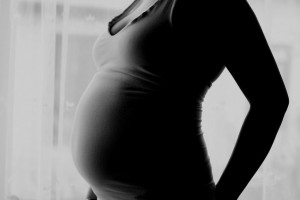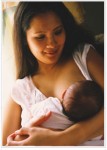 Swedish doctors are attempting an innovative surgery to give womb-less women the opportunity to give birth to their own children. Nine women in Sweden have received womb transplants and doctors intend to help these women (through in-vitro fertilization) become pregnant and carry their own children. Each of the nine patients was either born without a uterus or had it removed due to cervical cancer. This is the fist major experiment to test the possibility of live, biological births in womb transplant patients.
Swedish doctors are attempting an innovative surgery to give womb-less women the opportunity to give birth to their own children. Nine women in Sweden have received womb transplants and doctors intend to help these women (through in-vitro fertilization) become pregnant and carry their own children. Each of the nine patients was either born without a uterus or had it removed due to cervical cancer. This is the fist major experiment to test the possibility of live, biological births in womb transplant patients.
Many European countries prohibit using a surrogate to carry a pregnancy, which leaves women without wombs fewer fertility options. Womb transplants that can lead to successful pregnancies and births have been attempted before—in Turkey, Saudi Arabia, Britain, and Hungary—but have been unsuccessful. Lead researcher, Dr. Mats Brannstrom said, “This is a new kind of surgery; we have no textbook to look at.” Press over these transplants has given hope to former cervical cancer patients (who lost a uterus to cancer) as well as to the one in every 4,500 women born without a womb.
The largest unknown for the scientists is how the pregnancies will proceed. The babies will need ample nourishment from the placenta and blood flow needs to be optimal—which are difficult variables to control for with womb transplants. Brannstrom and his colleagues intend to begin the in-vitro process in the next couple of months—testing their transplant success in their human subjects after finding victory in their mouse, sheep, and baboon subjects. If successful, this will be a major contribution to science, offering an alternative for women who have few childbirth choices.
Source: Associated Press

 Breast-feeding may help reduce some long-term negative side effects of cancer treatment in women who survived childhood cancer, according to a new study.
Breast-feeding may help reduce some long-term negative side effects of cancer treatment in women who survived childhood cancer, according to a new study.